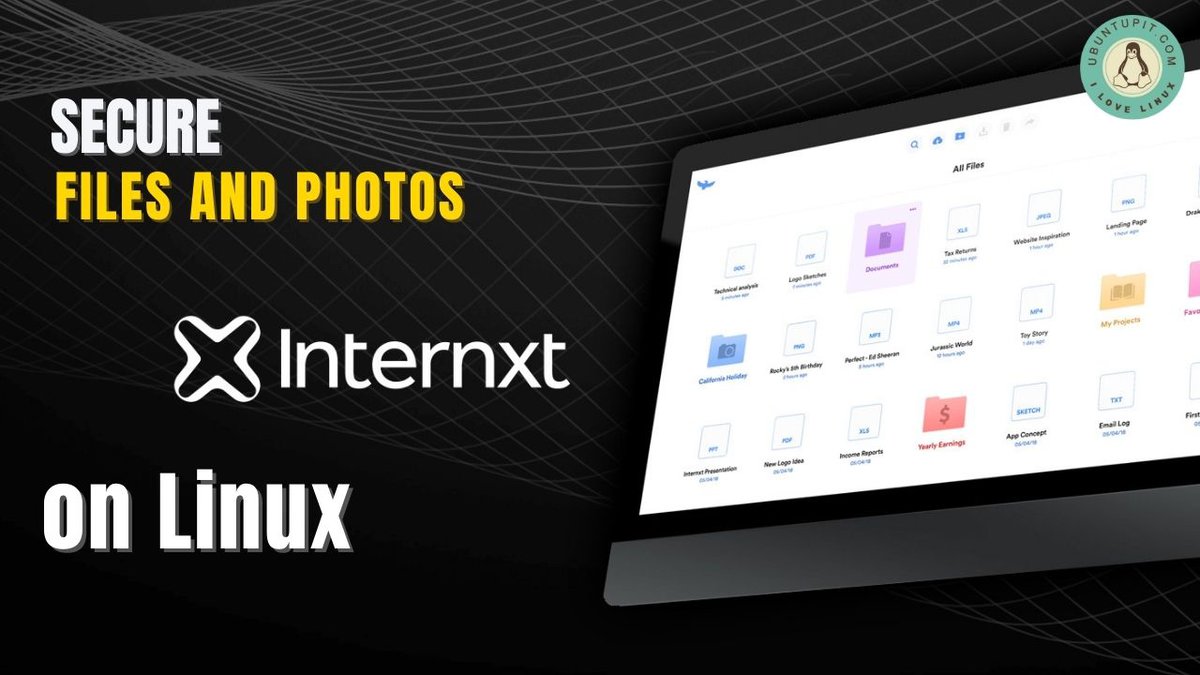Илон Маск прав: Web3 — это полная чушь
Душераздирающая правда: человек со спорной репутацией, которого вы все знаете, однажды высказал замечательную мысль.

Мягко говоря, я не самый большой поклонник Илона. Он невежественный, самовлюбленный, безрассудный, потакающий своим желаниям шут, который обращается со своими сотрудниками как с дерьмом, и который просто великолепно разбирается в маркетинге, что помогло ему стать миллиардером, несмотря на управление убыточными компаниями.
Однако Маск как-то написал у себя в Твиттере кое-что, с чем я полностью согласен: «Web3 звучит как полная чушь».
Web3 - это идея, которую даже Bloomberg признал немного туманной; ее смысл сводится к тому, что мы можем создать децентрализованную Всемирную паутину с помощью блокчейнов. Сторонники этой концепции любят рассуждать о том, как привычная нам всем сеть – Web 2.0 – пала жертвой централизованного контроля со стороны крупных корпораций и как блокчейны, криптовалюты и NFT могут помочь «вернуть власть людям».
Все это звучит замечательно и хорошо выглядит на бумаге, но на самом деле это чушь собачья.
Web3
Web3 – это ерунда полная с нескольких сторон, но самое главное, что в ее концепции смешались «люди и кони», то есть ее авторы путают политическую проблему (проблему взаимоотношений с властью) с проблемой технологической. По мнению сторонников Web3, блокчейн - это технология, которая, наконец, позволит Сети вернуться к своим децентрализованным корням. Правда в том, что блокчейны не только бесполезны для достижения этой цели, но и то, что у нас уже есть технология для этого.
ActivityPub - это протокол, который существует уже много лет и который вдохновил на создание довольно успешных децентрализованных, объединенных социальных сетей, таких как Mastodon. Любое сообщество может создать свой собственный экземпляр ActivityPub, который будет находиться под их контролем: даже один пользователь может создать свой собственный экземпляр сервера, если захочет, и объединиться с другими экземплярами. Это прекрасная архитектура, которая позволяет людям контролировать, кому они дают доступ к своим каналам и к каким каналам этот доступ предоставляется.
Так почему же мы не наблюдаем массового исхода людей из Twitter и Facebook на Mastodon или аналогичные платформы? Технология есть, платформа есть — все, что нужно, это зарегистрироваться и переключиться.
Причина заключается в том, что такие платформы, как Twitter, уже достигли огромной власти и влияния, а также обзавелись большой пользовательской базой, которая тупо остается там, где находится большинство людей, на которых они подписаны. Есть масса историй о том, как люди сначала переходили на Mastodon, а потом быстренько возвращались в Twitter, потому что именно там «происходит вся движуха». Такие компании, как Twitter, тратят миллионы на «удержание клиентов»: они помогают крупным брендам в раскрутке их присутствия в Интернете и дают пользователям множество причин оставаться лояльными твиттеру.
Монополистический характер крупнейших социальных сетей также выгоден другим компаниям, которые могут оптимизировать свои рекламные и маркетинговые кампании: это способствует расширению капиталистической системы. Монополия крупных игроков - это естественный результат существующей у нас системы.
Мышление в формате Web3 основано на наивном технократическом предположении, что технологии и «умные идеи» могут решить большинство наших социальных проблем. Его наивность также распространяется на веру в то, что капитализм свободного рынка - это решение проблемы посягательств монополий, а не система, которая на самом деле активно ее создает и расширяет.
Нет технологии, которая могла бы решить эту проблему, и дело даже не в отсутствии определенной технологии. У нас уже есть инструменты для создания децентрализованной сети, и блокчейны тут не при чем.
Блокчейны, NFT и прочая крипто-ерунда
Блокчейн - это форма цифрового реестра, состоящего из записей, называемых блоками. Такая база данных управляется автономно с использованием одноранговой сети, что подразумевает отсутствие главной централизованной машины, управляющей всей инфраструктурой. Вместо этого все управляется коллективно всеми узлами, подключенными к сети.
Основная цель блокчейна и действительно единственная причина, по которой он может быть полезен, - это запись транзакций. По общему признанию, это довольно умный способ избежать проблемы двойных расходов – это когда цифровой токен тратится дважды (или несколько раз), то есть передается сразу нескольким адресатам. Это также объясняет, почему до сих пор единственное основное применение блокчейнов - это цифровая валюта и искусственно дефицитные цифровые активы (невзаимозаменяемые токены — NFT).
Кое-кто предположил, что NFT можно использовать для регистрации таких вещей, как документы и права собственности, но нет особого смысла использовать блокчейны для регистрации чего-либо физического или чего-либо, что требует автономной проверки, авторизации, аутентификации или подтверждения (даже если мы рассматриваем использование [оракулов](9https://academy.binance.com/en/articles/blockchain-oracles-explained)). Блокчейны имеют смысл только в цифровом мире и только для транзакционных данных; и до сих пор никто не придумал убедительную идею даппа (децентрализованного приложения), который бы не был привязан к криптовалюте.
Поэтому, когда ярые сторонники Web3 будут говорить вам о том, что социальные сети централизованы и что блокчейны могут помочь решить проблему централизации, вы знаете, что они несут чушь.
Сообщения в социальных сетях не являются транзакционными данными. У вас в распоряжении имеются «лайки», которые вы можете ставить постам, но проблема двойных расходов здесь неуместна, потому что у вас имеется неограниченный запас «лайков». У нас уже есть десятилетние технологии, такие как PGP, которые могут доказать подлинность сообщения. У нас уже есть распределенные одноранговые технологии, позволяющие децентрализованное хранение данных, защищенное от цензуры (например, WebTorrent, используемый PeerTube).
Unstoppable Domains выглядит нормально на бумаге, но это коммерческое решение, которое на самом деле не так децентрализованно, как кажется: вам все равно придется пройти UD, чтобы купить домены. Более того, обойти блокировку DNS довольно просто, и «неостановимые» домены не решат проблему жесткого блокирования IP-адресов вашими айпишками, если они используются в качестве поставщика DNS.
Интересны такие проекты, как Межпланетная файловая система (IPFS), которые уже использовались для борьбы с цензурой. Однако у них немного мудреная модель ценообразования: стоимость «закрепления» (постоянного хранилища) в несколько раз выше по сравнению с обычными решениями для хранения данных. Если вы используете услуги такой компании, как Pinata, для размещения («закрепления») своего контента и гарантируете его постоянство, пока платите ежемесячную плату, вам следует задаться вопросом, насколько вы контролируете свой контент, если все еще полагаетесь на своего хостинг-провайдера и на политику кэширования независимых узлов. Более того, у нас уже есть magnet links, сервисы Tor Onion и платформы типа FreeNet, которым уже почти 22 года (сама вебка старше всего на 9 лет).
Технология уже есть! Подобные технологии существуют уже несколько десятилетий! А новые технологии - это не то, что нам нужно для борьбы с огромной мощью крупнейших платформ. Это чушь собачья.
Напускной «радикализм» венчурных капиталистов
Венчурные капиталисты радостно потирают руки: они могут внезапно притвориться радикалами, которые намерены «разрушить централизованных посредников» и создать Интернет, «который принадлежит его строителям, пользователям и создателям». Они могут притворяться, что являются голосом мятежного поколения, пытающегося противостоять «большим дядькам». Однако я ни для кого не сделаю сенсацию, что единственная причина, по которой венчурные капиталисты инвестируют в проекты Web3, - это получение прибыли.
Многие проекты Web3 позиционируются исключительно как «децентрализованные», причем многие из них используют требующие разрешения (или гибридные) блокчейны, где только компания может добавлять или удалять токены, но тогда и право собственности на токены может быть продано независимо от вас. Как отмечали некоторые другие авторы, централизация неизбежна при капитализме; и вы не можете добиться реальной децентрализации без справедливого распределения власти. Криптовалюта и Web3 вообще далеки от этого. Вместо этого вы получаете «маркетизацию» власти, и мы можем видеть, к чему это приводит на примере того же биткоина с его распределением богатства (что совершенно неудивительно).
Как было продемонстрировано выше, технологии, поддерживаемые сообществом Web3, не являются чем-то новым. Главное отличие здесь в том, что все эти проекты крутятся вокруг темы DeFi и криптовалюты. Это истинная причина, по которой венчурные капиталисты так заинтересованы в Web3: они хотят продлить крипто-пузырь. Они хотят сделать проекты, в которые они уже инвестировали, более актуальными и увеличить стоимость любых спекулятивных активов, связанных с ними. Они хотят, чтобы больше людей покупали криптовалюту, то есть им нужно выпустить больше денег на рынок, чтобы взвинтить цены. Их не волнует ни «децентрализация», ни «свобода», ни «цензура». Они просто хотят заработать большие деньги, прежде чем пузырь окончательно лопнет.
Владельцы Steemit, построенного на блокчейне веб-сайта для ведения блогов и социальных сетей, были вынужден уволить 70% своих сотрудников, когда цена их криптовалюты упала в 2018 году во время краха рынка. Это все платформы, бизнес-планы которых просто построены вокруг собственной криптовалюты и токенов, а также их обращения.
Что подпитывает этот образ мышления, так это вездесущая технократическая точка зрения, которая в тени «конца истории» Фукуямы рассматривает мир не как конфликт различных концентраций власти, а просто как место, где «плохие идеи» должны быть заменены на «более хорошие». Типа блестящие новые технологии, разработанные умными людьми, приведут к существенным изменениям.
Но, как я уже говорил, проблема не в технологиях, а в политике. Если мы действительно хотим противостоять власти, которой обладают крупные компании, стоящие за социальными сетями, нам нужно идти в направлении, противоположном тому, что пытается предпринять культ Web3: обратите внимание, какими мотивами руководствуются в отрасли и как происходит регулирование. Позволю себе смелость заявить, что единственный способ решить проблему с крупными компаниями, стоящими за социальными сетями, - это исключить бизнес и прибыль из всего уравнения.
Мы должны обратить внимание на то, как отдельные аспекты децентрализации в контексте криптовалют предоставляют владельцам капиталов различные возможности для злоупотреблений и позволяют им осуществлять отмывание денег, незаконную торговлю и общее манипулирование рынком. Наконец, если мы посмотрим на услуги той же Onion, то они в основном используются черными рынками.
Радикальная точка зрения заключалась бы в дальнейшей демократизации нашей денежной системы и рассмотрении возможности полного избавления от денег в далеком будущем. Биткоин не является радикальной мерой – это шаг назад, к маркетизации, а не к демократизации, дающий больше власти владельцам капитала. Я всегда нахожу забавным, когда люди предполагают, что криптовалюты противостоят какой-то там власти: крупные банки уже инвестируют сотни миллионов долларов и получают прибыль от криптовалют. Крипта может заставить их чувствовать себя в лучшем случае некомфортно, но не пугать уж точно.
Точно так же сеть Web3, поддерживаемая венчурными капиталистами, не будет противостоять какой-либо крупной силе. Я думаю, что это просто хайповое увлечение, которое со временем пройдет, но даже если оно закрепится, то только передаст власть от крупных технологий венчурным капиталистам, а не людям. Не обманывайтесь их маркетинговыми кампаниями. Все это чушь собачья.
#нетократия #Web3 #Web2 #Web1 #Web #централизация #децентрализация #интернет #криптовалюты #блокчеин #технократия #монополии #капитализм #NFT #радикализм #политика #бизнес #netocracy #centralization #decentralization #Internet #cryptocurrencies #blockchain #technocracy #monopolies #capitalism #radicalism #politics #business #lang_ru #lang-ru
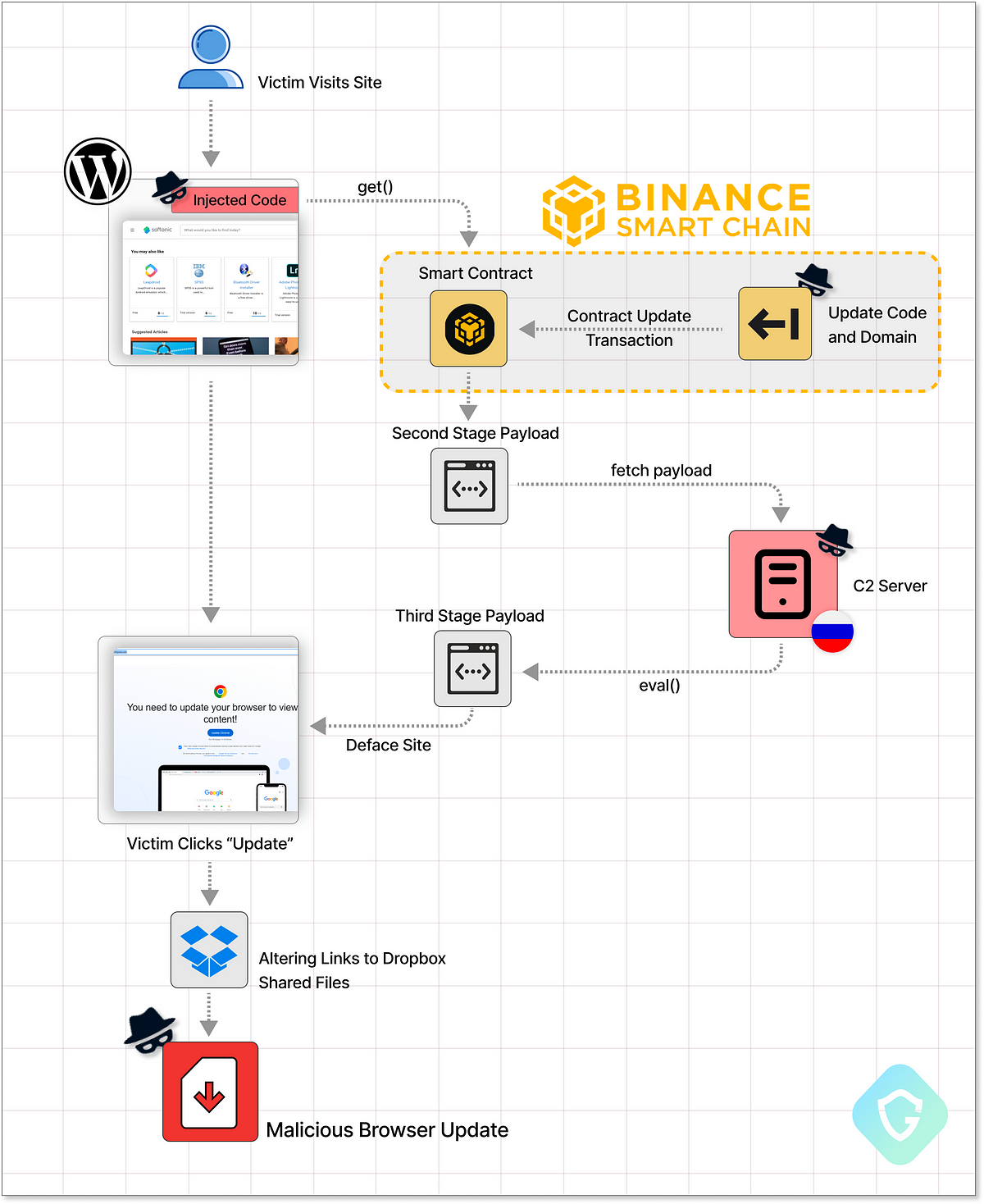

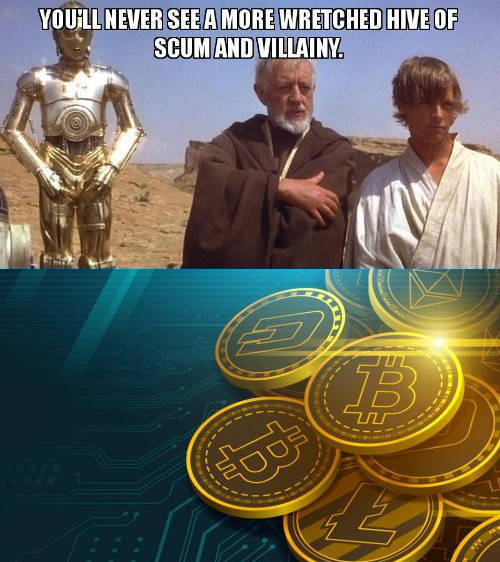
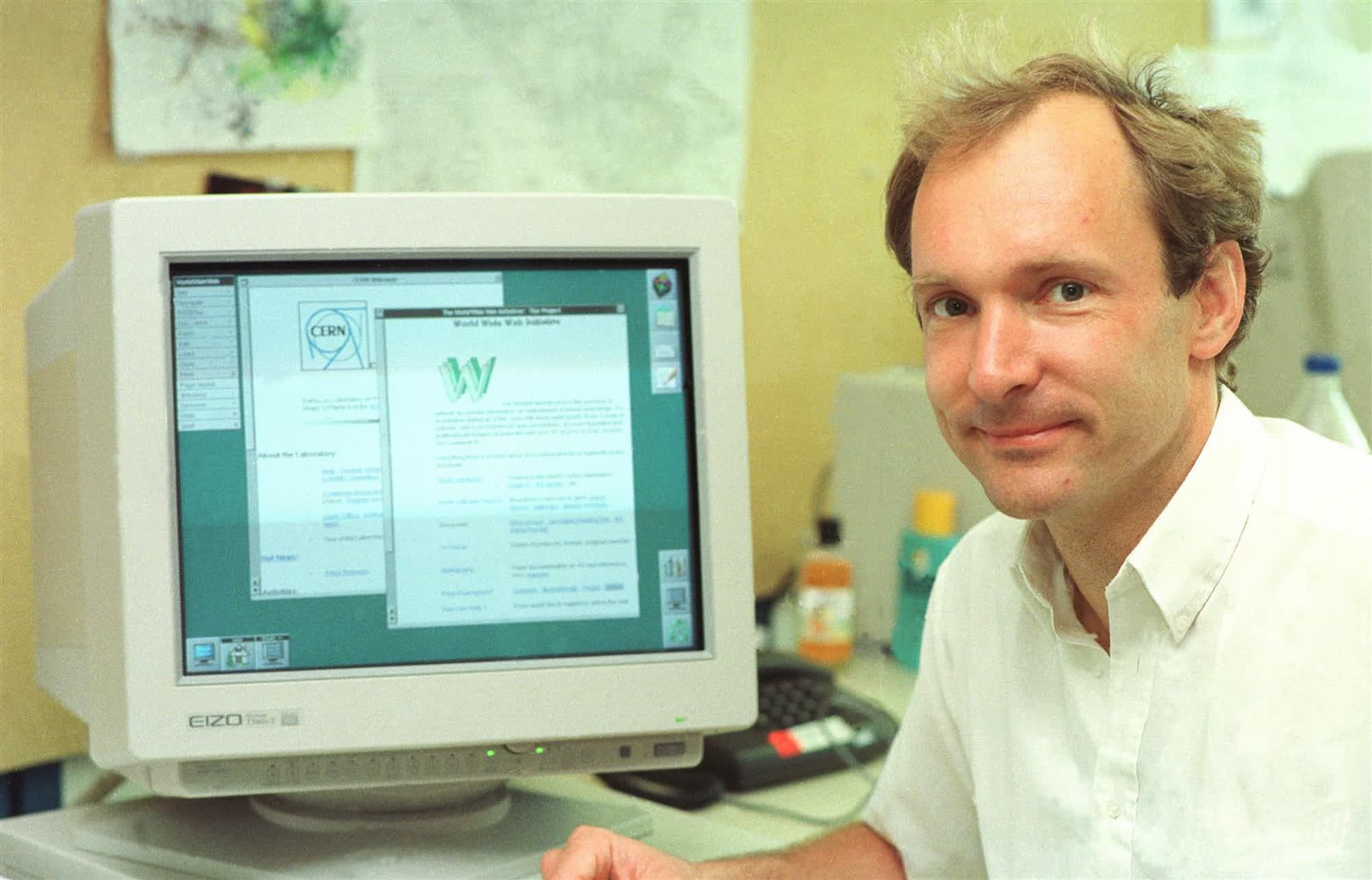

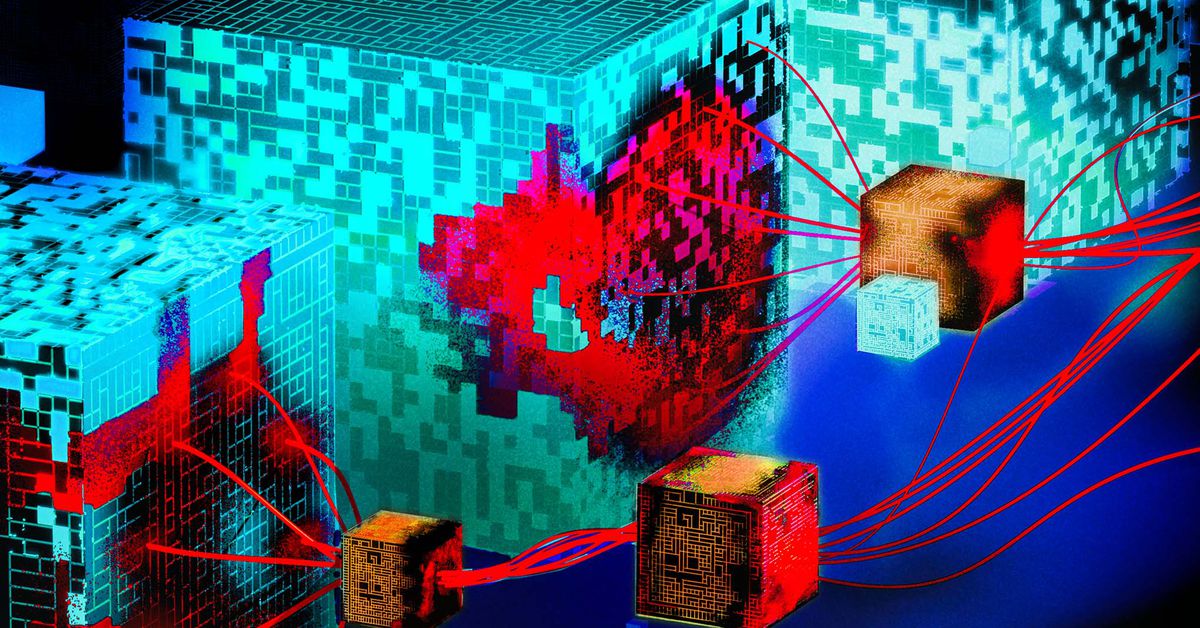


 Philip Rosedale.
Philip Rosedale. Meta CEO Mark Zuckerberg uses a haptic glove research prototype intended to create a realistic sense of touch in the metaverse. (Meta Photo)
Meta CEO Mark Zuckerberg uses a haptic glove research prototype intended to create a realistic sense of touch in the metaverse. (Meta Photo)
